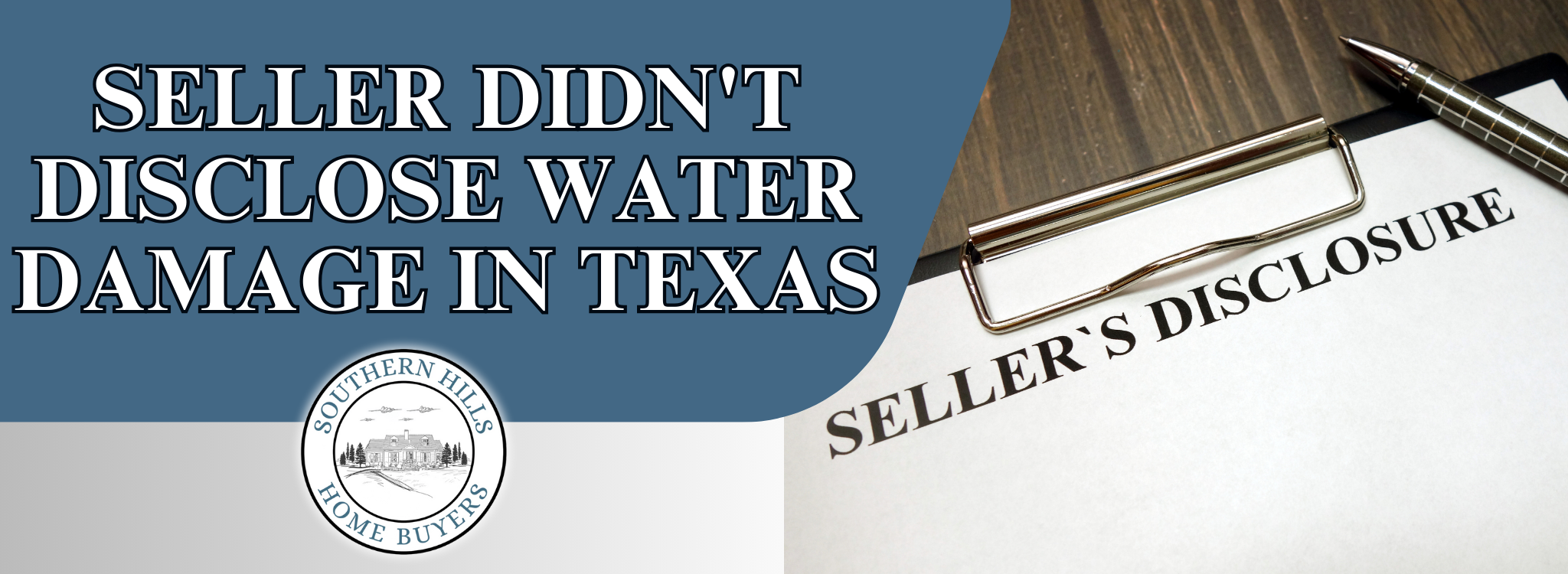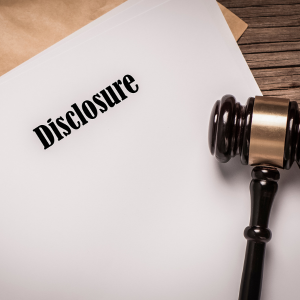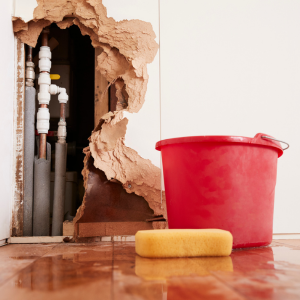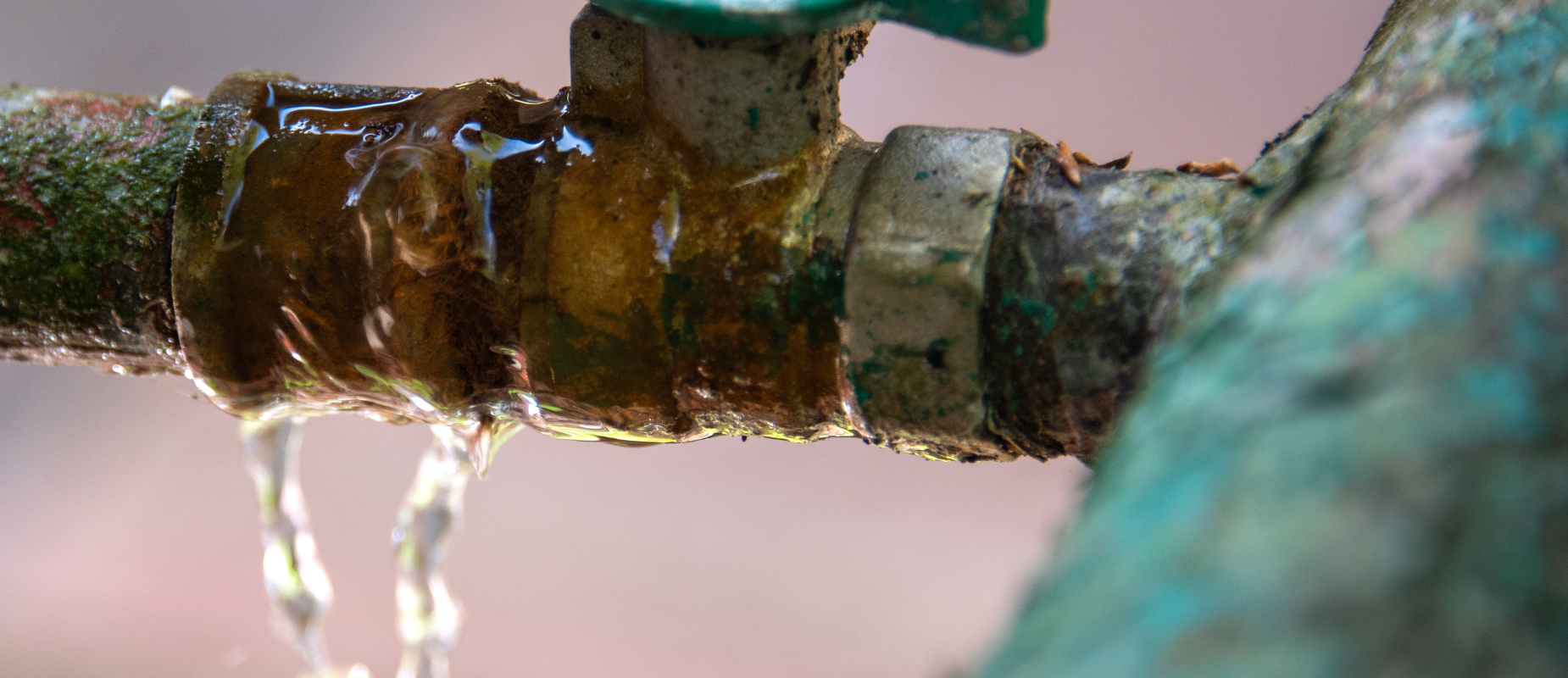
How Does Water Damage Impact Property Value in Texas?

Hi there! If you’re considering buying or selling property in Texas, you should know how water damage affects property value. Imagine finding your dream house—everything seems perfect: the price, the location. But then you hear the words “water damage.” In Texas, water damage can hurt a property’s value.
When water gets where it shouldn’t be, it harms the home’s structure and lowers its market value. Fixing these damages can be expensive, and they don’t just go away alone. Buyers might offer less money or decide not to buy at all, which puts sellers in a tough situation.
What Are the Common Causes of Water Damage?
Let’s look at what usually causes water damage. Leaks from roofs, plumbing, or even broken appliances are common offenders. Flooding is another concern, especially with Texas’s unpredictable weather. Old home systems, like HVAC units and pipes, can also be issues.
Home insurance is supposed to help, but coverage can be tricky. Repair costs can add up fast, needing replacements like floorboards or drywall. Regularly checking your home systems and fixing small problems can prevent bigger headaches.
How Can Undisclosed Water Damage Affect Home Buyers?

Here’s a big concern. Imagine buying a house and later finding undisclosed water damage. That’s a real letdown for home buyers, especially in Texas. Non-disclosure can lead to unexpected costs and sometimes legal problems.
Buyer protection is important. Lawsuits over hidden defects happen, leaving people feeling bad. That’s why inspections matter. They find hidden problems and stop blind deals. Knowing what you’re getting saves money and stress.
Have you faced water damage issues or dealt with similar real estate situations? Do you have any tips or stories to share? Let’s talk below!
What Legal Obligations Do Sellers Have to Disclose Water Damage in Texas?
Hey everyone! When you’re selling a house in Texas, there’s something important to remember: sellers have a duty of disclosure. You must tell the buyer about your house’s water damage. In a real estate transaction, this is a legal obligation. You could get into serious trouble under Texas’s deceptive trade practices laws if you don’t disclose. Imagine buying a home and discovering hidden water damage—what a nightmare! Seller nondisclosure in Texas is prohibited, and residential sales disclosure is meant to keep transactions honest. If you’re selling a house, feel free to share your thoughts or tips!
Why Is Full Disclosure Important During a Real Estate Transaction?

Alright, let’s talk about trust. Full disclosure during a real estate transaction is necessary. Why? It builds trust between buyers and sellers. When buyers know every detail, especially potential issues like material defects, it reduces future problems. Seller liability in Texas can be severe if something is hidden on purpose. Discussing property conditions upfront respects the buyer’s rights, helping them make informed decisions. Have you ever been caught off guard in a house purchase? Share your stories below!
What Is the Penalty for Non-Disclosure of Water Damage in Texas?
So, what happens if a seller doesn’t disclose water damage in Texas? There are penalties for nondisclosure. Under Texas real estate law, failing to reveal this can lead to legal action. The state’s laws on deceptive trade practices mean a lawsuit for undisclosed damage is not just possible; it’s something many face when nondisclosure penalties happen. If you’re buying or selling, knowing these rules can save you a lot of problems. If you have advice or have dealt with a similar situation, comment—I’d love to learn from your experience!
How Can Home Buyers Identify Signs of Water Damage Before Purchasing?
Buying a home is thrilling but stressful, especially when checking for water damage. When looking for my home, I wanted to spot any signs of water damage before making an offer. Here are some tips that could help you, too.
During the home inspection, focus on areas where water damage might occur. Look around windows and doors for leaks or moisture stains. Check ceilings and walls for discoloration or bubbling paint. These could be signs of hidden water damage. In Texas, due to heavy rains, this is crucial.
Remember the attic and basement. These areas often hide water damage. A damp smell or visible mold might indicate more significant problems. Always ask the seller about any known defects related to water.
What Steps Should Be Taken When Water Damage Is Suspected?

If you suspect water damage, don’t worry—there are steps you can take. First, talk to your inspector about it. They can do a detailed check to confirm any problems.
Once you have confirmation, discuss it with the seller. You can negotiate repairs as part of the real estate transaction. If the seller is reluctant, consider adding a clause in the real estate contract for these repairs. Sometimes, a lawsuit for undisclosed damage might be possible, but hopefully, it won’t come to that!
Consult a real estate expert and an attorney to understand your rights and options. This professional advice can help you deal with defects or renegotiate the deal.
Are There Reliable Inspection Services in Texas?
Finding a reliable home inspection service in Texas is key to a smooth buying process. Ask your real estate professional for recommendations—they usually know the best inspectors. Look for inspectors who have experience with properties like yours and can provide thorough property inspections.
Check online reviews and testimonials to find an expert inspector. An inspector who can catch signs of water damage can save you from future issues. Also, ensure the inspection includes a contingency allowing you to withdraw from the deal if serious problems are found.
A good home inspection service in Texas will give you peace of mind and confidence in your real estate investment. If you have experiences or questions, I’d love to hear from you. Share your thoughts below!
What Recourse Do Buyers Have If Water Damage Was Not Disclosed?

Imagine you just bought a house in Texas. Everything seems perfect until, after a few rainstorms, you spot water damage that wasn’t disclosed. What can you do? As a buyer, you have legal options. You might consider real estate litigation in Texas, which could mean filing a lawsuit for undisclosed damage. Sellers have to be honest about certain things under Texas law, and if they aren’t, they could face consumer protection claims or be held liable. Understanding your remedies for undisclosed damage is important to protect yourself.
How Do You Start a Claim for Undisclosed Water Damage?
Starting a claim for undisclosed water damage may seem tough, but you can handle it. First, send a demand letter to the seller about the nondisclosure of water leaks. This letter explains your concerns and what you want as a solution. If this doesn’t work, you might need to file a lawsuit for breach of contract under Texas real estate laws. Texas property law offers several legal ways to deal with such nondisclosures. Knowing your rights is key to finding a solution.
What Role Does a Real Estate Attorney Play in Resolving Disclosure Disputes?
A real estate attorney in Texas can be very helpful in resolving disclosure disputes. They can assist with mediation or take legal action if needed. Your attorney will review the real estate contract for fraudulent actions or breaches. They also know the brokers’ responsibility and can identify if there are any deceptive trade practices in Texas. Lawyers guide you through the process and help you achieve a fair outcome. Working with someone who knows Texas laws improves your chances of effectively resolving the dispute.
If you’ve faced similar issues or have advice on dealing with undisclosed water damage, please share your experiences or ask questions in the comments!
How Can Buyers Protect Themselves from Future Issues with Water Damage?

Finding hidden home defects like water damage can be a hassle when buying a house in Texas. Here’s how you can protect yourself from future issues. First, always hire a reputable inspection service. A thorough inspection can uncover potential property defects before they become your problem. Make sure your contract includes an inspection contingency. This allows you to back out if any serious issues arise. Being proactive and knowing what to look for can save you from unexpected repairs later.
What Questions Should Be Asked During a Home Inspection?
Asking the right questions during a home inspection is important. Here are some key ones:
- Can you identify any signs of past or present water damage?
- Are there areas that might cause water issues in the future, such as poor drainage?
- What condition is the roof in, regarding age and potential leaks?
- Are there visible cracks or foundation issues that could lead to water problems later on?
Engaging with your inspector about these specifics can give you peace of mind during your real estate transaction. The more informed you are, the better prepared you’ll be.
How Does Homeowners Insurance Handle Water Damage Claims?

Understanding your homeowner’s insurance policy is essential when dealing with water damage claims. Most policies cover sudden and accidental water damage, like a pipe bursting unexpectedly. However, gradual damage, such as a slowly leaking faucet, often isn’t covered. Review your insurance coverage thoroughly and talk to your provider about what’s included in your property damage protection. In Texas, the claims process usually involves reporting the damage quickly, documenting everything with photos, and working closely with your insurance adjuster. This helps ensure you receive the compensation you’re entitled to without unnecessary delays.
By staying informed and cautious, you can significantly improve the protection of your investment and gain peace of mind. If you have any tips or experiences related to protecting yourself against water damage in real estate, please share them with the community!
FAQs:
What can I do if a seller didn’t disclose water damage when selling a home in Texas?
Check the seller disclosure form if you find water damage after buying a home in Texas. Sellers in Texas must tell buyers about any known problems like water damage. If they didn’t, you might be able to take legal action. Talk to a real estate attorney to see what you can do and if you can get money for repairs.
Are home sellers in Texas legally required to disclose water damage?
Yes, in Texas, sellers must tell buyers about known water damage. This includes leaks, flooding, or related structural issues. This rule helps prevent disputes later and ensures buyers know about potential risks. Sellers can face legal trouble if they don’t share this information.
What should I do if I find undisclosed water damage after closing on a home?
If you discover water damage after you’ve bought a home, gather proof of the damage and any repair quotes. Contact the seller to try to work things out. If that doesn’t work, talk to a real estate attorney to learn about your options for legal action.
Can a home buyer sue for nondisclosure of water damage in Texas?
Yes, in Texas, a buyer can sue a seller if they didn’t disclose water damage they knew about. Buyers might seek repair costs or even cancel the sale. It’s important to have solid evidence, like inspection reports, to support your case.
How can I protect myself from buying a home with undisclosed issues like water damage?
To avoid buying a home with hidden problems, always get a thorough inspection before you buy. Hire a professional inspector to find issues that aren’t easily seen. Check the seller’s disclosure form for any unclear details and ask questions to ensure everything is clear. You might also want to include clauses in your contract that cover any undiscovered issues found later.
What are the consequences for sellers who fail to disclose water damage in Texas?
Sellers in Texas who don’t disclose water damage may face legal action from the buyer. They might have to pay for repairs or legal costs or cancel the sale. Being honest about property conditions helps avoid these problems and keeps trust in real estate deals.
Can homeowner associations offer resources or support if I discover water damage issues?
Some homeowner associations (HOAs) might offer resources or advice for dealing with property damage. Check with your HOA to see if they can help with repairs or assist in resolving disputes with sellers over hidden damages.
More Resources for Texas Homeowners
Key Insights
- As home buyers, we often encounter problems when a seller doesn’t disclose water damage. This can lead to costly repairs, especially in Houston, Dallas, North Carolina, and California.
- Suppose a seller didn’t inform you about known defects or major issues like undisclosed mold damage. In that case, knowing your rights under Texas lemon home laws and nondisclosure penalties in Texas is important.
- Negotiating repairs after discovering hidden issues or broken codes can be tough. We need to gather evidence and might consider a lawsuit or breach of contract if the seller fails to disclose.
- Working with professional home buyers or companies can help us when a seller fails to reveal crucial conditions, ensuring we protect our interests.
- Knowing the truth about defects and disclosures is key. Stay alert for security risks or gas leaks, and verify whether a seller disclosed any hidden conditions.
- Remember, there are steps we can take to tackle these challenges. Contacting an experienced agent familiar with warranty claims or settlement options can be helpful.
- It’s vital to ask the right questions during the home buying process to avoid future disputes, holding the seller accountable for any damages they knew about but didn’t disclose.
- We should also seek community support and advice from other buyers who have faced similar issues, creating a collective approach to handle complex situations in home purchases.
This information applies to Texas, including cities like Dallas, Houston, Austin, Fort Worth, El Paso, and nearby areas. Need assistance? Please explore our website for helpful resources, and contact us today at (214) 225-3042. We’re ready to help!
Get Cash For Your Texas House Today
We buy houses in Texas without the hassle and red tape. Get your no-obligation cash offer for your home and just be done. Selling in as-is condition has never been easier.

Author: Brandon Beatty
Brandon Beatty’s passion is buying income producing properties and building businesses. He focuses on buying houses and small multi family buildings in Texas that have an opportunity to add value through proper management and renovations while helping property owners sell quickly and without the hassles of a traditional sale.
Brandon is the founder of Southern Hills Home Buyers and has been featured on real estate news sites, including Zillow, Redfin, Realtor.com, HomeLight, List With Clever, Offerpad, and OpenDoor.




